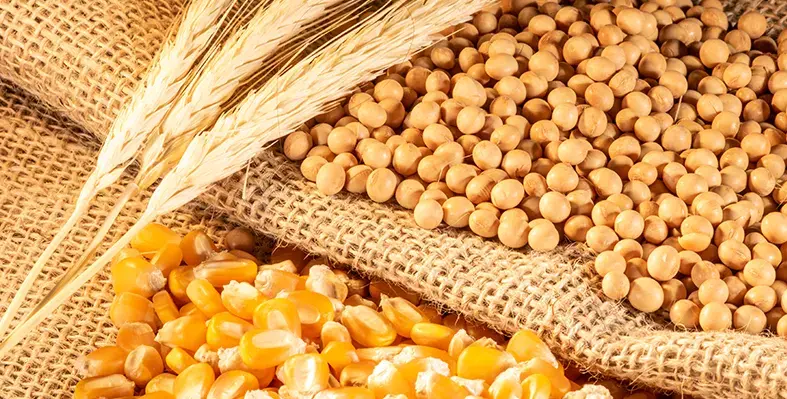In a groundbreaking initiative, the International Fund for Agricultural Development (IFAD), in partnership with the Rwanda Agriculture Board (RAB), local cooperatives, private sector actors, and organisations like IDH, has launched the pilot phase of the Food and Agriculture Resilience Mission Pillar 3 (FARM P3)
This innovative project targets improving the maize and soybean value chains, benefiting up to 4,000 smallholder farmers in Rwanda's Kayonza District.
With a budget of US$1.23mn, FARM P3 is part of a wider effort, complementing the IFAD-funded Kayonza Irrigation and Integrated Watershed Management Project Phase II, which aims to support 40,000 rural households. The goal is to increase food security, strengthen market access, and reduce post-harvest losses for farmers, thus enhancing their livelihoods.
"Through FARM P3, cooperatives, SMEs, and banks will work together to foster sustainable, mutually beneficial partnerships," said Dagmawi Habte-Selassie, IFAD Country Director. The initiative is designed not only to train farmers and provide essential equipment but also to create lasting business relationships, allowing smallholders to sell more, reduce waste, and boost their incomes.
A core objective of the pilot project is to address post-harvest maize losses, which currently stand at 13.8%. By introducing drying shelters for cooperatives and expanding access to mobile mechanical dryers for SMEs, FARM P3 will help farmers lower grain moisture, meet quality standards, and command better prices from buyers. This improvement will also lower sourcing risks for companies and establish stronger, long-term partnerships with local producers.
"FARM P3 will contribute to advancing PSTA 5 priorities by fostering resilient, inclusive, and market-driven value chains," said Solange Uwituze, Acting Director General of RAB.
In addition to maize, the initiative is laying the groundwork for a commercial soybean market to meet growing private-sector demand. Through inclusive business analysis, demonstration plots, and joint training efforts, the programme is setting the stage for sustainable, profitable soybean farming.
"With Good Agricultural Practices (GAP) and clear market links, soybean can increase smallholder incomes by 2.3 times over five years," explained Wangari Nduta, Project Manager, Business Analytics at IDH.
FARM P3 is a key part of a broader global initiative to strengthen food systems, helping smallholder farmers across Africa gain better access to markets and investment opportunities. By reducing post-harvest losses and enhancing market linkages, this initiative is poised to drive transformative change in Rwanda’s agriculture sector.





